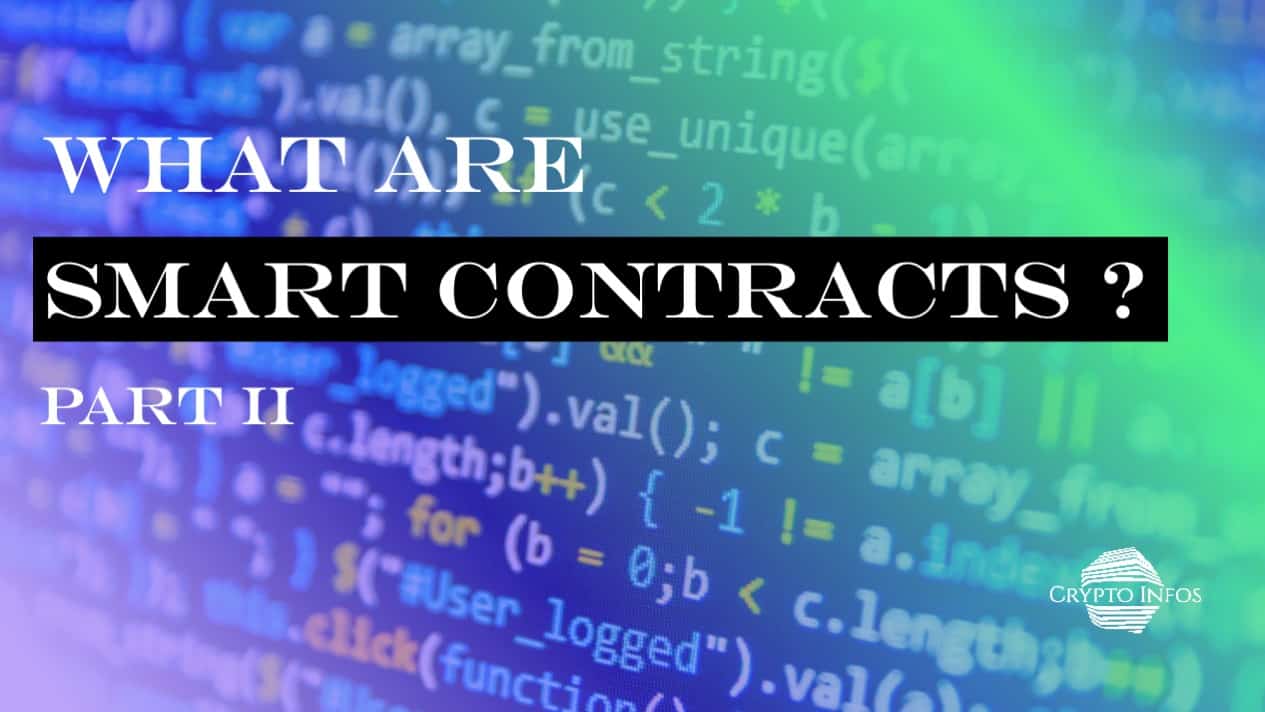“Disrupting HR services” has always been the mantra of new technologies that have come out. The goal of this article is to provide a succinct overview of how Blockchain technology is disrupting the Human Resource services.
When it comes to disrupting human resource (HR) services, blockchain technology is the great lever that has changed the game. Managing people has been an often difficult task. People have choices, tastes and come from many walks of life. This diversity is what gives human resource management the challenge of making people behave in similar ways and fashions to achieve set corporate goals and objectives.
Legacy technologies did their bit and improved the various aspects of talent departments all over the world.
Blockchain technology has proven to be one of the “new kids on the block” that could change the game in several significant areas.
Blockchain technology has leveled the playing field in many other areas, and many of the problems that HR departments face all over the world have solutions within a blockchain framework. The first of these, of course, is the recruitment process.
Blockchain Technology can Straighten Out HR Recruitment Processes
The many problems that HR services face globally often start at the recruitment stage.
These range from announcements to interviews and even verification of credentials, this is one area of recruitment that has had issues.
The truth is, many legacy technology solutions claim to solve this problem but, with one solution after another, other problems also come to light.
At the core of the purported solutions that legacy technologies bring to the table is the issue of centralization.
Central databases, no matter how secure, will always have problems and even the rise of new solutions like NoSQL can’t help in this regard.
Central Database Entries Can Be Changed Easily
Academic qualifications can still be forged and considered genuine once verified that they exist in such databases. All it takes is a single genuine data entry by a database administrator, and this has dealt a serious blow to HR services.
The consequences of corrupt administrators and hackers have been able to bring down companies and create losses.
Many of these problems disappear when a blockchain solution is involved because of the transparent nature of blockchain technology.
Blockchains Have Greater Transparency
Even with permissioned blockchains, data access is generally more transparent and open than with central databases.
This transparency improves the verification of educational qualifications by allowing partner institutions to upload records into data chains.
Falsified records could easily be tracked as, at some point, the records would not have a start point, which is usual with others. The other aspects of recruitment, such as testing, data entry, and assignment of roles, can now be automated and open.
We are beginning to see an ever-increasing role of artificial intelligence help here.
Blockchain Technology will Improve Payroll
Sometimes, the HR departments of many companies have problems with their payrolls.
Some people get overpaid, while others get underpaid, and these variations with the timing of pay can be traced to the inaccuracy of records that are entered in central databases.
Yet still, others don’t get paid at all and others have their pay delayed because of issues here and there. Many subscription-based cloud services always offer to solve the payroll problems HR departments face.
Sometimes, they solve some and these common general problems disappear.
More often than not, there is always something that requires human intervention.
Blockchain Technology Brings Automation to payroll Ecosystems
The emergence of blockchain technology solves many of these problems simultaneously.
Transaction tracking becomes automated from end to end, as the whole payroll supply chain depends on the data entered into and gleaned from the blockchain.
Determination of upgrades in pay and other such datasets get handled by decentralized applications and these apps, in turn, are driven by smart contracts.
There are almost no delays to paying people their worth because these applications, in most cases, can automatically generate requests to pay workers without human intervention.
Blockchain-driven solutions are also transparent in this regard.
So, there are no cases of “ghost workers” or that sort of thing in payment systems.
Blockchain Technology Brings Security to HR Systems
There is also the security of blockchain technology, which is one thing many HR services are concerned about when it comes to anything that has to do with money.
The security of blockchains lowers the security costs of maintaining databases in many cases. To its core, blockchain technology has given payroll systems the much-needed confidence that is required.
The Alteration Record Storage on Blockchains is Virtually Impossible
One advantage that blockchains have going for themselves is the immutability of data.
Once a record gets in, it stays that way with no changes made to that block. Data changes get stored on a new block in the future.
With legacy data storage systems, the reverse is the case. Data stored can be altered changed, or the whole database can be erased alongside its backup.
Blockchain technology has been able to maintain this aspect of information integrity. The data stored is permanent.
When it comes to HR services, blockchain technology ensures that all forms of data in HR systems, if stored on blockchains, stay that way.
There is also no need for backup servers and the tremendous cost of maintenance that comes with those.
A blockchain-driven HR management information system (MIS) provides everything that has been compartmentalized in and around legacy systems.
It is what gives blockchain technology this comparative advantage of legacy technology as far as HR services are concerned.
How will HR Services Adopt Blockchain Technology?
As blockchain technology continues to go mainstream, we are going to see the emergence of new solutions that show its benefits. These solutions will drive innovation in every sector of business and life in general.
As the benefits become more popular, and the efficiency of blockchains improves, more people will want these benefits for themselves and their HR Services.
Further innovation will improve these services and, over time, adoption will occur naturally.
In the same way, email took over the postal system, we are going to see HR services disputed by blockchain technology!
















